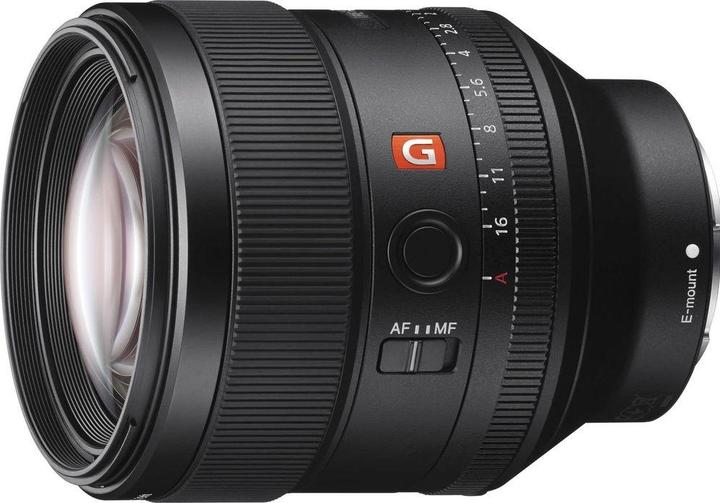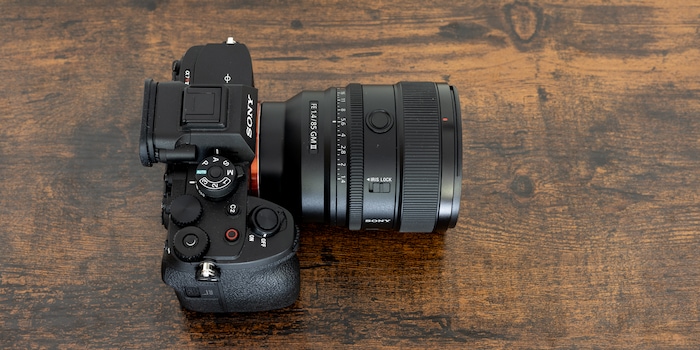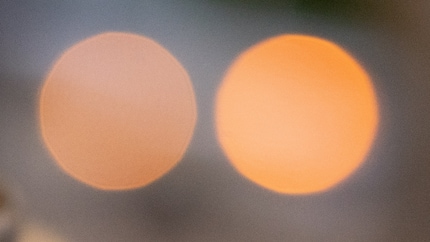

Sony launches new G-Master portrait lens
The latest Sony lens has a focal length of 85 millimetres and an aperture of f/1.4, making it ideal for portraits. Compared to the previous model, Sony has reduced the weight and improved the autofocus and image quality.
Sony presents the successor to the FE 85mm F/1.4 GM lens. This is from 2016, so it is already eight years old. It remains available as a more cost-effective variant.
I have already been able to try out the lens a little, but without a direct comparison with the previous model.
Faster, lighter, quieter
GM is the abbreviation for "G Master", the premier class of Sony lenses. The improvements are similar to other GM lenses that Sony has upgraded in recent years. This includes a reduction in weight. The 85mm GM II now weighs just 642 grams instead of 820 grams.
The new 85mm lens utilises Sony's latest autofocus technology. According to the manufacturer, the focus motors are three times faster than their predecessor and even quieter. However, the GM II's autofocus is not silent either.
Manual focus is now linear - this means that the same rotation of the focus ring always covers the same distance, regardless of the rotation speed. This means that you return to the starting point when turning back and forth. This is practical for manually focussed videos.
The lens is also more suitable for video thanks to focus breathing compensation. Depending on the focus, the image section changes very slightly at most in videos.
Bokeh and chromatic aberration
The chromatic aberration of the predecessor model is said to be not as good. Sony claims to have improved this point in the 85mm GM II. I don't have a direct comparison, but the GM II seems to be OK in this respect. I can visualise chromatic aberrations, but only if I go for it under extreme conditions: open aperture, corner, 1:1 view at 61 megapixels and a susceptible subject.

Source: David Lee
According to Sony, the bokeh no longer has an onion ring effect. I can confirm that. The light points become even surfaces. A single ring remains very faintly recognisable in the example.

Source: David Lee

Source: David Lee
The sharpness is impressive, even at open aperture and in the corners. But the predecessor is already good at this. The vignetting is quite clear at f/1.4.

Source: David Lee
What remains the same
Sony has not improved the focusing distance. It is still 85 centimetres, or 80 centimetres in manual focus. This is sufficient for portraits, but a shorter distance would be better for many objects such as flowers. Another thing that has remained the same is that the lens does not have its own image stabiliser. The image is only stabilised by the camera.
My interest in IT and writing landed me in tech journalism early on (2000). I want to know how we can use technology without being used. Outside of the office, I’m a keen musician who makes up for lacking talent with excessive enthusiasm.
From the latest iPhone to the return of 80s fashion. The editorial team will help you make sense of it all.
Show all